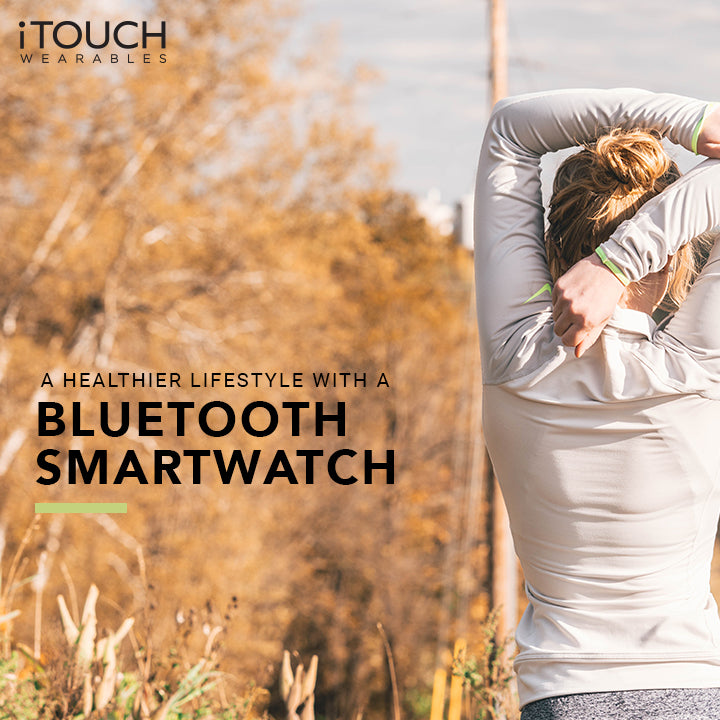
Take Steps Toward Better Heart Health with an iFitness Tracker
Did you know that a healthier heart can be just a few steps away? Taking a daily walk of 30 minutes or more has been shown to have many health benefits, including one important benefit for your heart. A simple daily walk is associated with a 19% reduction in heart disease risk. (1) Even if you don't have 30 minutes to go on a long walk, you can get the same benefits when you get more total steps in your day. A 30-minute walk is equivalent to about 4,000 steps. You may already be getting 4,000 steps in your day and not even know it.
If you are an avid walker, you may be setting a daily goal for 5,000-10,000 steps. This is even better for your heart and your whole body. The amazing benefits of walking, in general, bring new meaning to the importance of your daily walk. It could be saving your life. The best way to track your steps to make sure you are getting at least 4,000 steps per day is to use a reliable fitness tracking device with a goal-setting function, like the iFitness activity tracker by iTouch.
It's important to think about heart health at any age. Whether you are 25 or 75, your heart health depends on what you do. It can be prevented, for the most part, by living a healthy lifestyle. This involves, of course, both fitness and healthy eating. Most people think mainly of a healthy diet to maintain good heart health, but an active lifestyle is just as important. Taking daily walks have been shown to reduce blood pressure by as much as 11% and reduces stroke risk by 20-40%. These are significant results.
There are also other benefits to getting more steps in your day such as:
- Increased energy. A 10-minute walk can increase energy for up to 2 hours!
- Improved moods. Taking a walk can reduce stress and give you time to think. This helps lift spirits. Sometimes just going outside helps, too.
- Better creativity. Studies show that after unplugging from your regular workspace for just a few moments to take a walk can help you be more effective and creative when you get back.
- A slimmer waist. Walking engages core muscles which help burn fat in those areas. (2)
Did you know you are more likely to be healthier overall if you wear a tracker? Tracking any health behavior brings awareness, supports healthy behaviors, and improves quality of life. (3) The same study also shows that tracking health activities may also improve the patient and provider relationship. This could be because you are more confident of the amount of activity you get per day when your doctor asks. You don't have to rely on memory.
Heart disease is the number one killer of men and women in the United States, but there is no need to stress about statistics. Have fun living a healthy lifestyle through activities that you love. The tracker is sometimes just a great tool to be sure you are averaging enough steps daily, and it also is super fun to see how many steps you take on your most active days. Did you go hiking today? You may have achieved 20,000 steps or more. Wouldn't it be great to know for sure?

